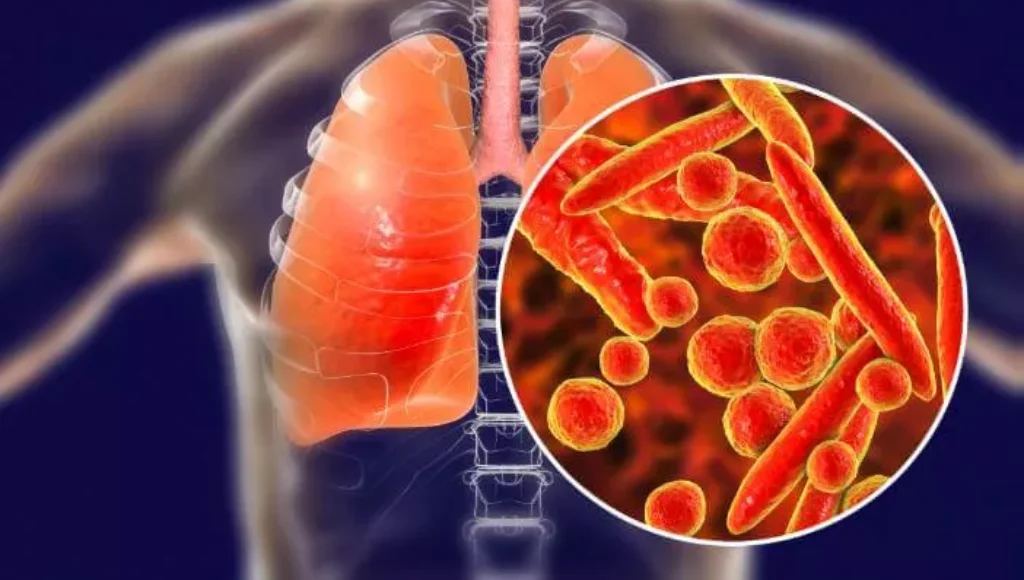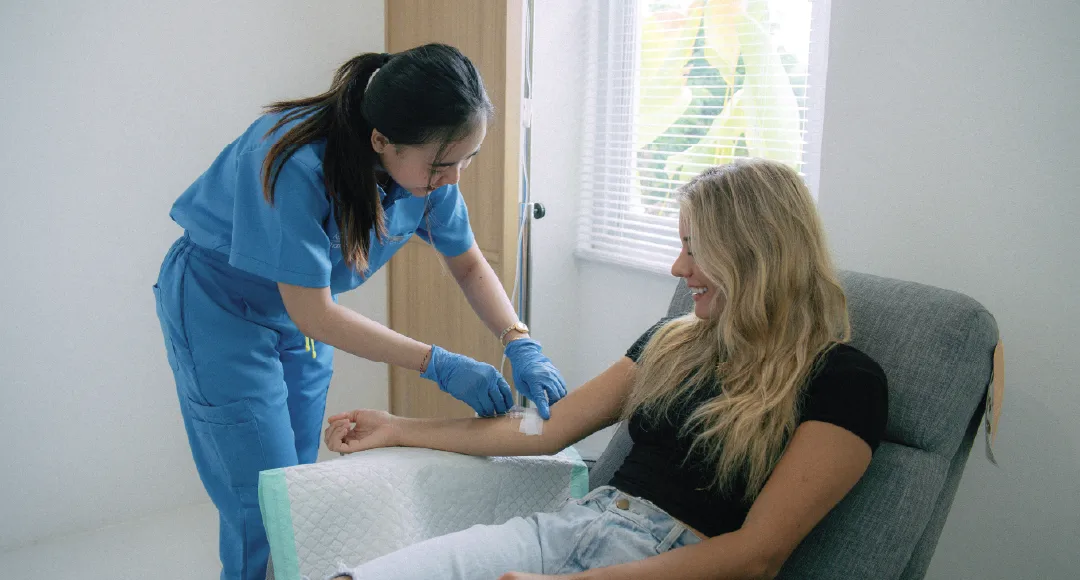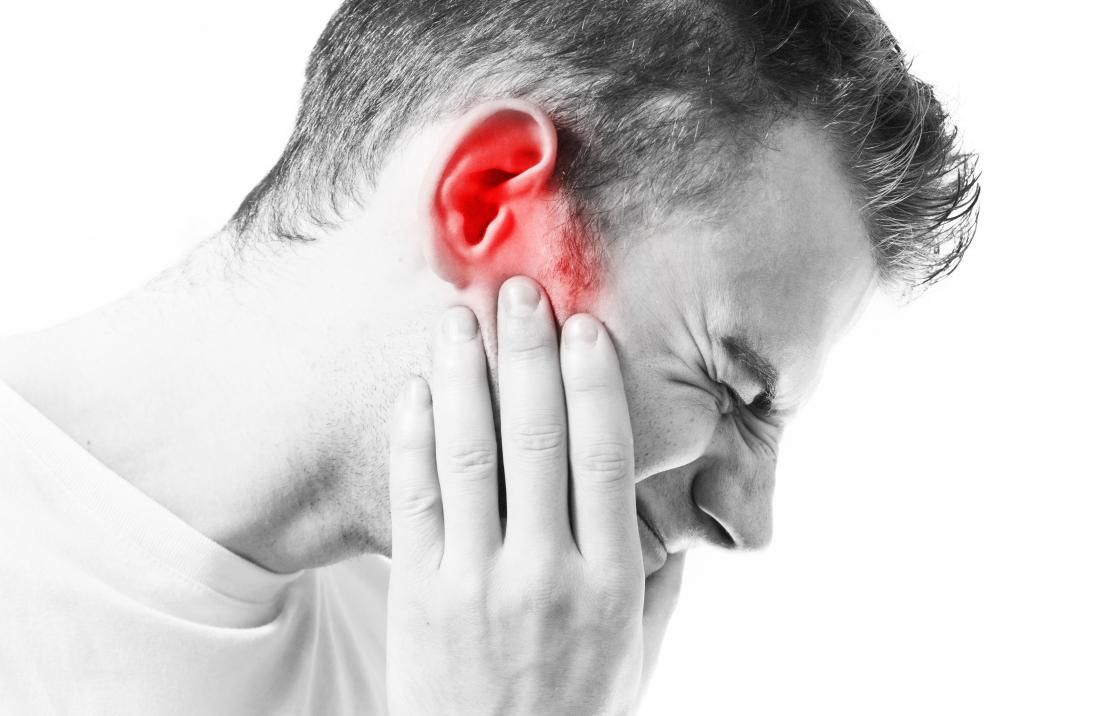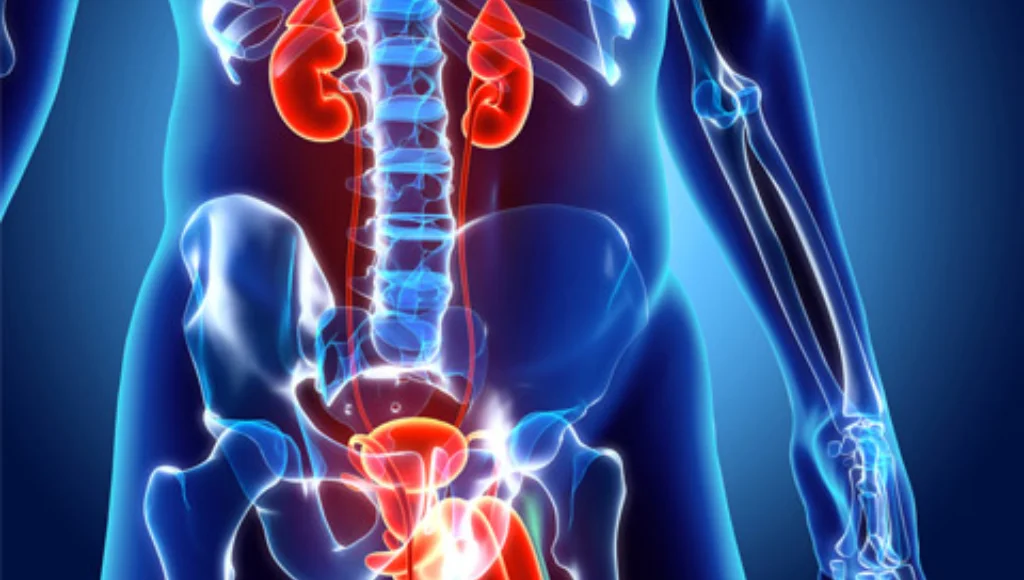Pneumonia is a potentially life-threatening infection that affects the lungs, leading to inflammation and fluid buildup in the alveoli. It is especially dangerous for infants, the elderly, and individuals with weakened immune systems. Understanding pneumonia is essential not only for early detection and treatment but also for preventing complications and saving lives. Health Issue Explanation …
Pneumonia is a potentially life-threatening infection that affects the lungs, leading to inflammation and fluid buildup in the alveoli. It is especially dangerous for infants, the elderly, and individuals with weakened immune systems. Understanding pneumonia is essential not only for early detection and treatment but also for preventing complications and saving lives.
Health Issue Explanation
Pneumonia is an infection that inflames the alveoli in one or both lungs. These may fill with fluid or pus, causing symptoms such as cough with phlegm, fever, chills, and difficulty breathing. It ranges in severity from mild to life-threatening and is a leading cause of hospitalization and death worldwide, particularly in low-resource settings.
Causes or Risk Factors
Pneumonia can be caused by various pathogens:
- Bacteria (e.g., Streptococcus pneumoniae) – the most common cause in adults
- Viruses (e.g., influenza, RSV, and coronaviruses)
- Fungi – more common in immunocompromised individuals
Risk factors include:
- Age (infants and older adults)
- Chronic illnesses (asthma, COPD, diabetes)
- Smoking
- Weakened immune system (e.g., HIV, cancer treatments)
- Hospitalization, especially in intensive care or with use of ventilators
Solutions
Effective treatment and timely diagnosis are crucial. Depending on the cause, pneumonia can be treated with:
- Antibiotics for bacterial infections
- Antivirals for certain viral pneumonias
- Antifungals for fungal infections
Early medical evaluation and chest imaging (e.g., X-ray) help guide appropriate treatment.
Prevention
Pneumonia prevention is possible through:
- Vaccination, such as the pneumococcal vaccine and flu vaccine
- Good hygiene practices (handwashing, mask-wearing when sick)
- Managing chronic conditions effectively
- Avoiding smoking and exposure to pollutants
- Ensuring adequate nutrition, especially in children and the elderly
Treatment
Treatment depends on the severity and cause:
- Oral antibiotics or antivirals for mild cases
- Hospitalization for severe pneumonia (oxygen therapy, IV fluids, or antibiotics)
- Supportive care: rest, hydration, fever reducers, and cough medicines (when appropriate)
- General check up at 911 medical clinic
- In some cases, breathing support may be needed
Pneumonia can escalate quickly if left untreated, especially in high-risk individuals. Recognizing the symptoms early and seeking prompt medical care can make all the difference. If you or your loved ones are experiencing signs of pneumonia—such as persistent cough, fever, or difficulty breathing—don’t wait. Visit 911 Medical Clinic for a thorough check-up and professional treatment. Your health and safety are our top priority.
Book a Consultation










